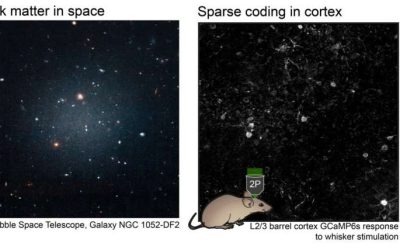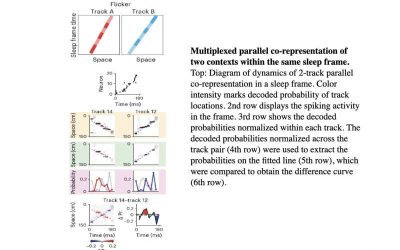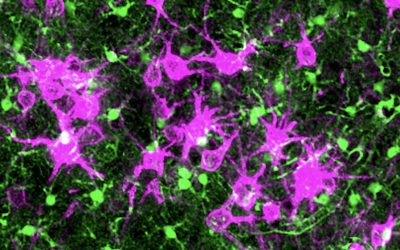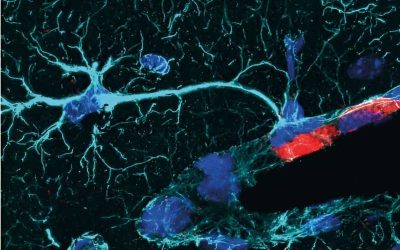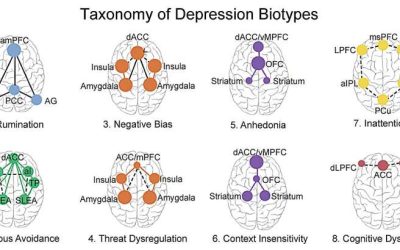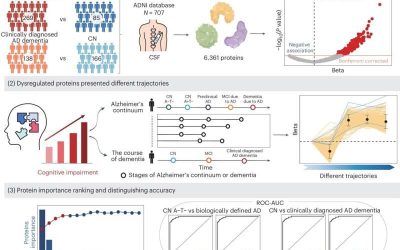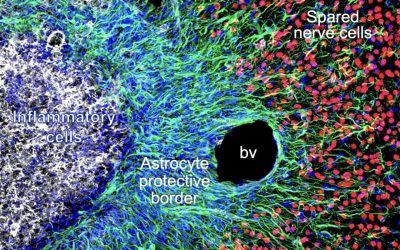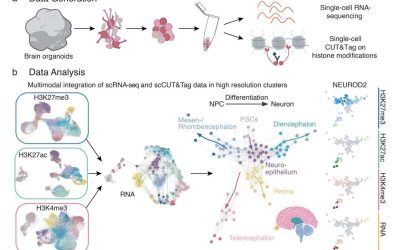The somatosensory cortex is a region of the mammalian brain known to play a crucial role in the processing of sensory information, including tactile sensations, temperature and pain. While this brain region has been the focus of numerous neuroscience studies, its...
MEDICALXPRESS
Sequence of the day: Exploring how the mammalian brain represents multiple sequential experiences during sleep
Sleep is among the most fascinating phenomena observed in both humans and animals, known to be characterized by different cycles and types of brain activity. Past neuroscience studies have found that during sleep, groups of neurons in the hippocampus replay past...
Exploring the link between time perspective and life satisfaction in adulthood
Humans can relate to the passage of time differently, experiencing a multitude of thoughts and emotions about their past, present and future. In psychology, these time-related mental representations are collectively referred to as "time perspective."
How astrocytes and perineuronal nets cooperate to sustain synaptic homeostasis
Synapses are small gaps between neurons through which signals are transmitted. This transmission of signals is what allows neurons to communicate and ultimately produce complex internal processes, such as thoughts and feelings, as well as actions and behaviors.
Humans employ forward and backward prediction strategies adaptively in different situations, research suggests
Humans often predict the outcomes of their decisions and actions, as this helps them to make sense of the world around them and navigate their present circumstances. Many previous psychology studies suggest that humans primarily make forward predictions, which entail...
Central nervous system-associated macrophages could modulate post-stroke immune responses
An ischemic stroke is a type of stroke that occurs when a blood clot in an artery, also known as thrombus, or the progressive narrowing of arteries, blocks the blood and oxygen flowing to the brain. This process can cause both temporary and permanent brain damage, for...
Transcranial magnetic stimulation shows promise for treatment-resistant depression biotype
Depression is one of the most common mental health disorders worldwide, estimated to affect about one in eight people worldwide. Once individuals experiencing symptoms of depression approach a psychiatrist or psychotherapist, they are often rapidly diagnosed, yet...
Study identifies new biomarkers of Alzheimer’s disease
Exploring how astrocytes respond to spinal cord injury or stroke-induced tissue damage
Past neuroscience studies found that when the central nervous system (CNS) is damaged, for instance following a stroke or spinal cord injuries, the lesions become surrounded by borders of newly proliferated astrocytes.
Study identifies epigenetic ‘switches’ that regulate the developmental trajectories of single cells
Individual cells in the human body develop progressively over time, ultimately becoming specialized in specific functions. This process, known as cell differentiation or specialization, is central to the formation of distinct cell populations that serve different...

